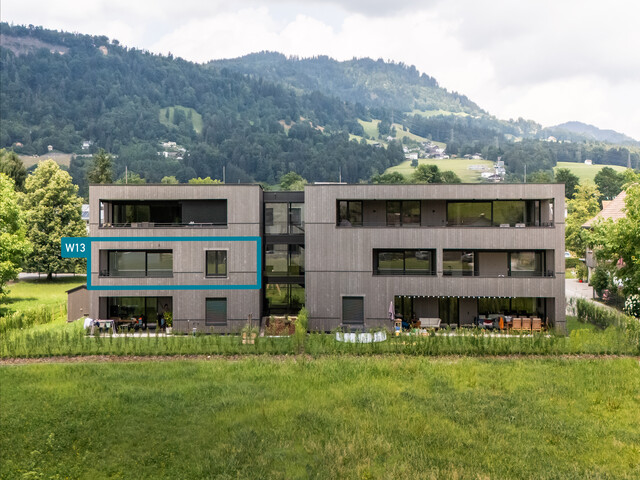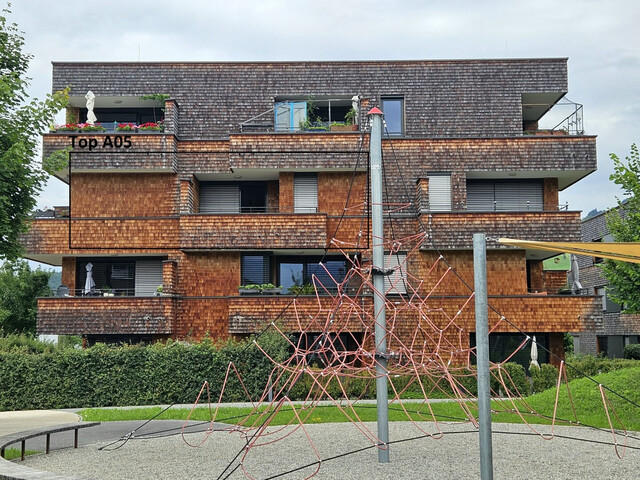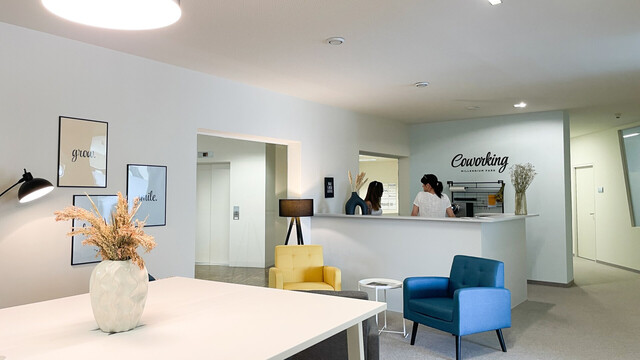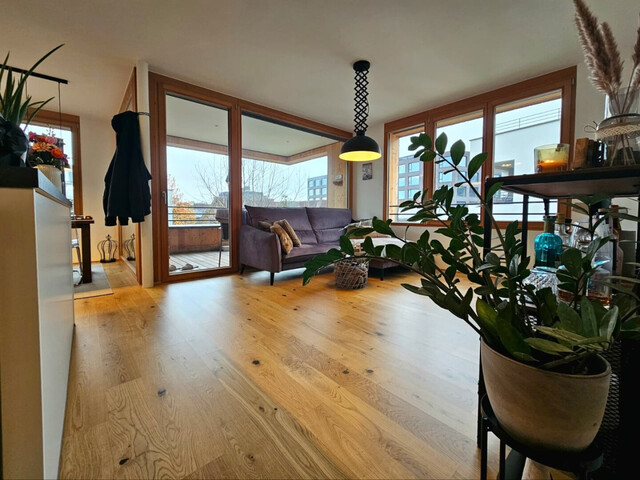Migration Background in Vienna's Cultural Sector Not Uncommon

"The proportion of migrants in culture roughly corresponds to the population," said Ogris during the presentation of the results on Tuesday at the Vienna Volkstheater. In the federal capital, this proportion is even 42 percent, but also in the major cities of Klagenfurt, Salzburg, Innsbruck, Graz, and Linz, it is slightly above average at 32 percent. The proportion of around one-third is found in all sectors such as museums, art (which also includes film and theater), or studios. Only in photography is the proportion of people with a migration background significantly lower at 15 percent.
The highest proportion of people with a migration background in the first or second generation is in the group of people between 40 and 49 years old, with 39 percent. The lowest proportion is among those aged 50 to 59, at 20 percent. Looking at the qualifications of employees, it shows that 30 percent of executives have a migration background and 34 percent among those performing highly qualified tasks. And when looking at the form of employment, it is revealed that the proportion of migrants among temporary workers in the cultural sector is particularly high at 55 percent. But it is also quite remarkable among employees (29 percent) or one-person businesses (35 percent).
"Much of our culture originated in a multicultural monarchy"
He was prompted to conduct the study by the discussion on the topic of "leading culture" and the slogan "Tradition instead of multiculturalism" that emerged last year, reported Ogris: "Much of our culture originated in a multicultural monarchy." As a society, one can decide to further develop or abandon traditions. "In a democracy, there is freedom of opinion, but ultimately also the freedom to live and shape the culture we want," said Ogris.
Cay Urbanek, the commercial director of the Volkstheater, expressed his delight at the study's results: "I am grateful to see that not only old, white men are on stage or employed, but that the broad social reality is being reflected." For he is convinced of one thing: "Culture is one of the sectors where integration takes place."
(APA/Red)
This article has been automatically translated, read the original article here.
Du hast einen Hinweis für uns? Oder einen Insider-Tipp, was bei dir in der Gegend gerade passiert? Dann melde dich bei uns, damit wir darüber berichten können.
Wir gehen allen Hinweisen nach, die wir erhalten. Und damit wir schon einen Vorgeschmack und einen guten Überblick bekommen, freuen wir uns über Fotos, Videos oder Texte. Einfach das Formular unten ausfüllen und schon landet dein Tipp bei uns in der Redaktion.
Alternativ kannst du uns direkt über WhatsApp kontaktieren: Zum WhatsApp Chat
Herzlichen Dank für deine Zusendung.







